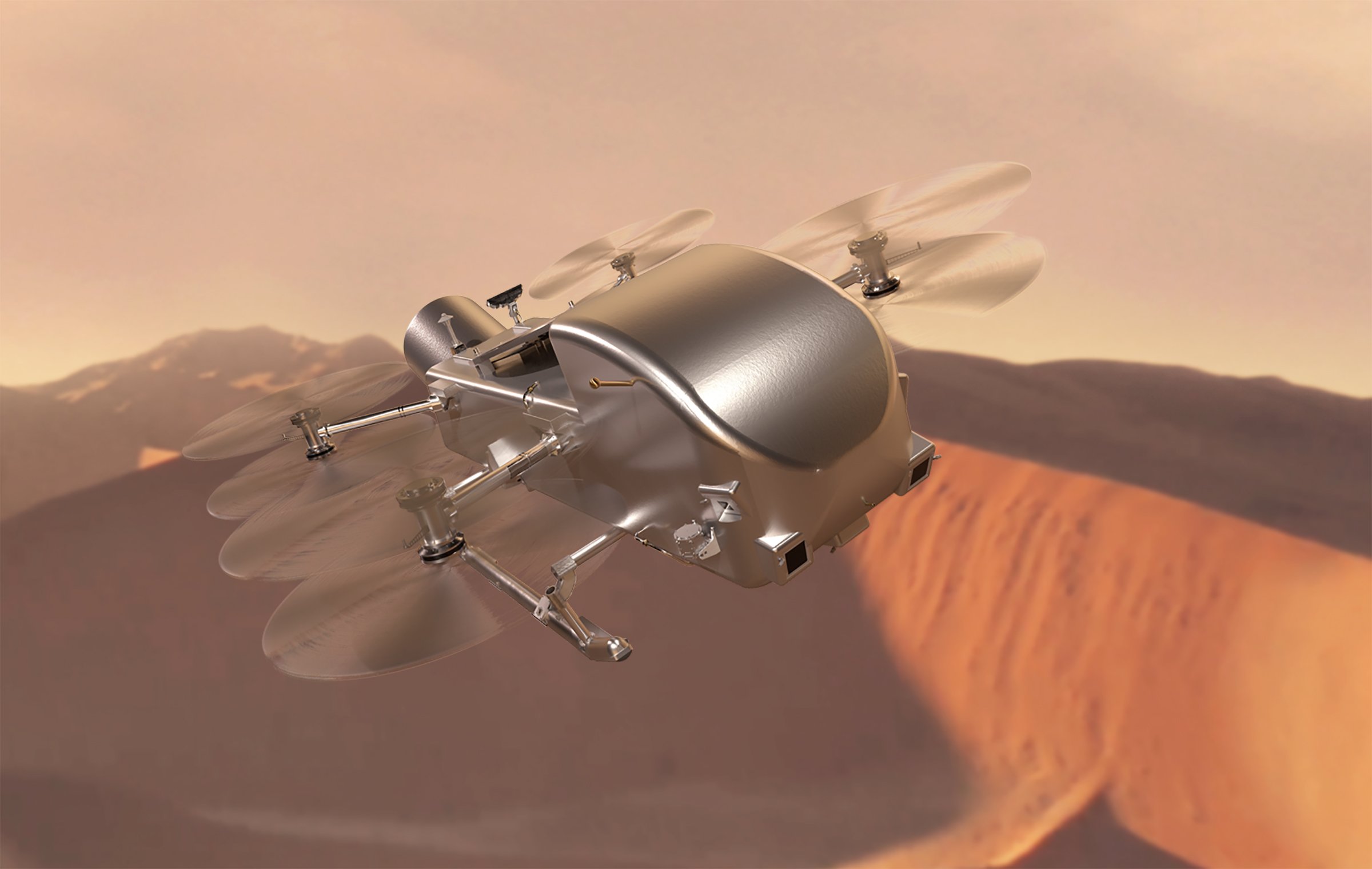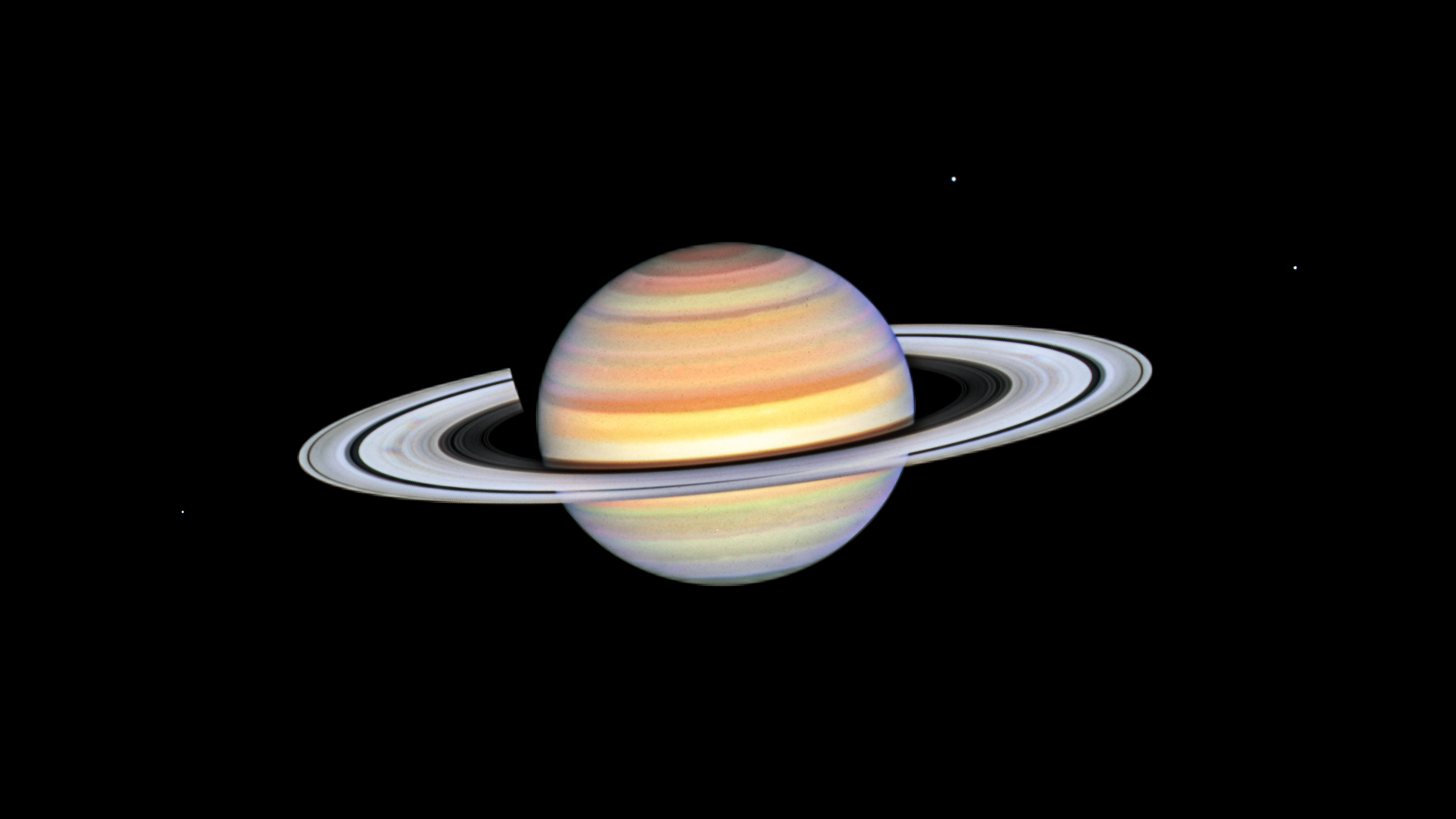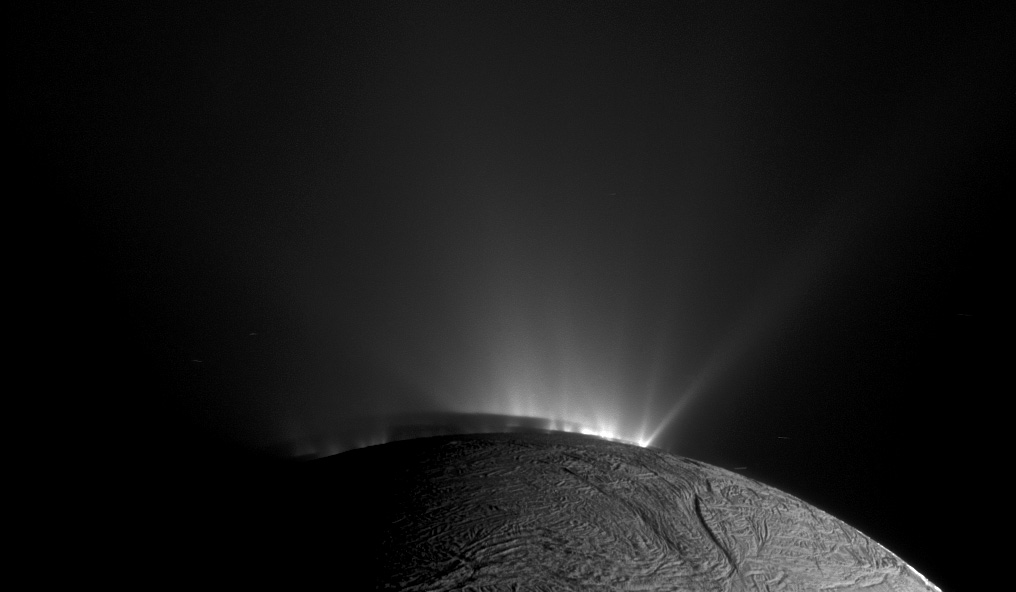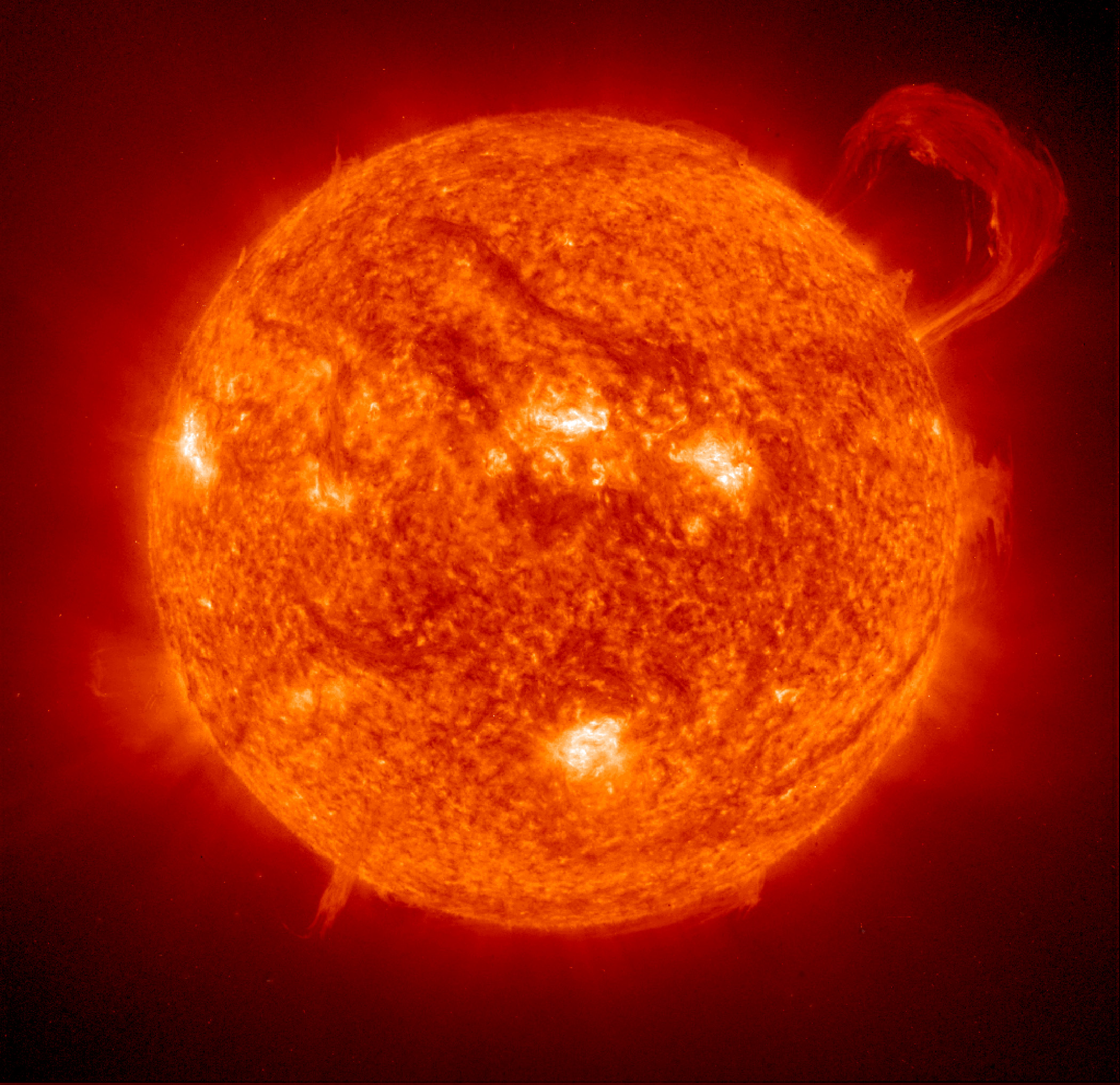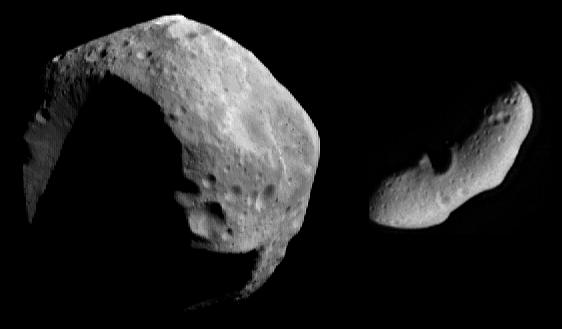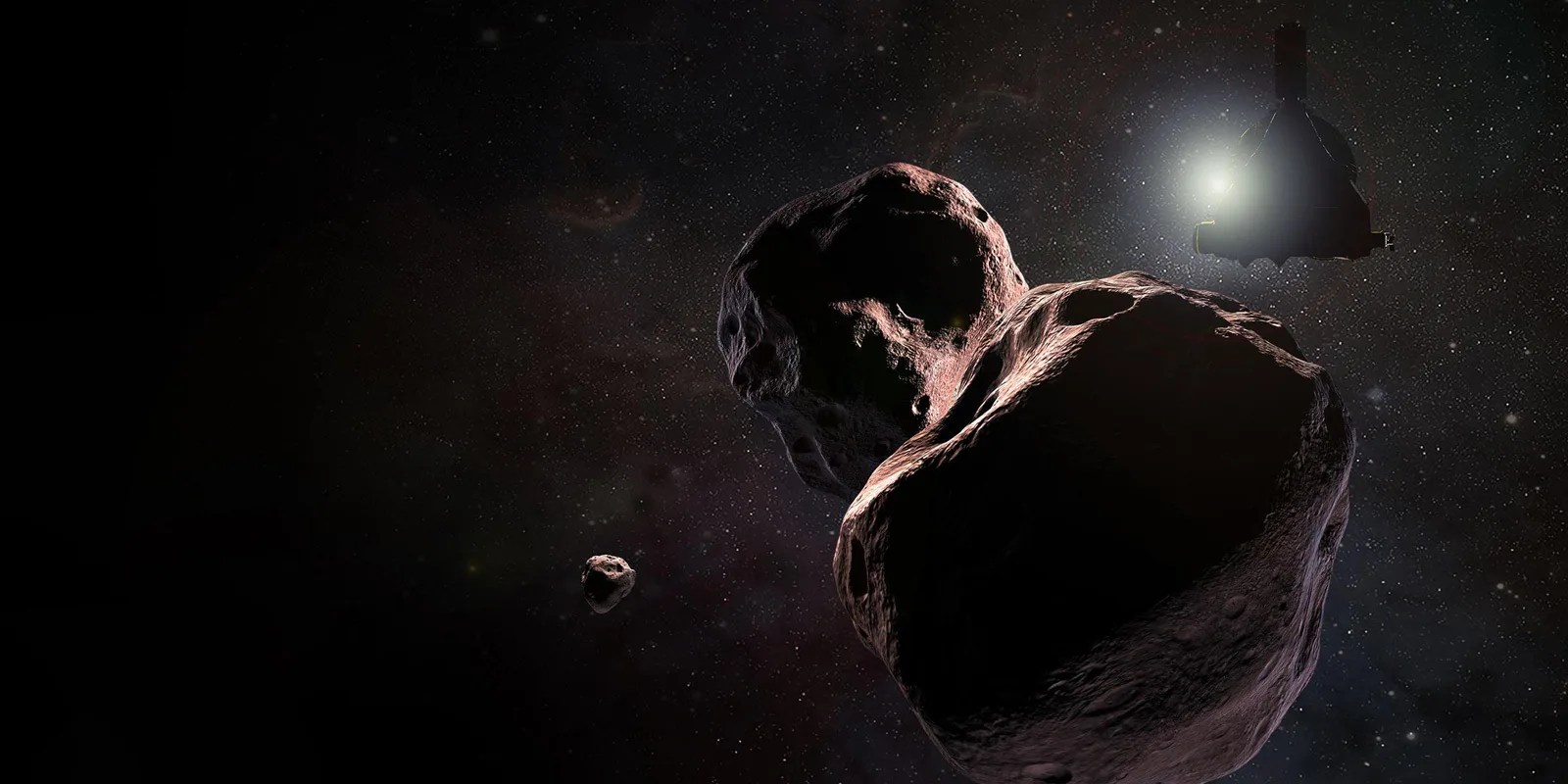3 min read
Cassini Significant Event Report
For Week Ending 02/16/01
The most recent spacecraft telemetry was acquired from the Goldstone
tracking station on Wednesday, February 14. The Cassini spacecraft is in
an excellent state of health and is operating normally. The speed of the
spacecraft can be viewed on the
"Present Position"
web page.
Post Jupiter science operations resumed after last week's Probe Relay test.
The two Radio and Plasma Wave Science (RPWS) calibrations executed successfully,
along with Magnetospheric Imaging Instrument (MIMI) magnetospheric and
Optical Remote Sensing (ORS) movie/torus observations. A Cosmic Dust
Analyzer (CDA) overlay sequence to modify the articulated position of the
instrument for dust observations was uplinked, along with a Reaction Wheel
Assembly (RWA) bias overlay sequence to change the initial wheel rates
after this week's RWA momentum unload.
The Cassini Instrument Operations (IO) Team and the Multi Mission Image
Processing Laboratory have produced and delivered 23,325 ISS images -
16,160 from the NAC and 7,165 from the WAC - and 4,935 Visual and Infrared
Mapping Spectrometer (VIMS) cubes since Jupiter encounter began.
The C25 Preliminary Sequence Integration & Validation (PSI&V) products
were released for review by the Sequence Virtual Team (SVT)
The Project Science Group (PSG) Atmospheres Working Group (AWG) held a
telecon this week to work on the science and orbit priorities for the
Tour. The Group reviewed the current contents of the spreadsheet that is
being created to identify tour observation types, objectives, and
priorities.
Mission Planning led a strategy session to determine how physical
constants should be bookkept, managed, and updated across the project, and
developed a draft set of Mission Planning inputs to provide (and verify)
during the initial part of the sequence planning process. These have been
submitted to Science Planning for review.
An Uplink Operations (ULO) Tour Requirements and Design Review has held
this week. The preliminary Board comments were generally favorable, with
some questions addressing the need for a more detailed allocation of
requirements. A draft report is tentatively set for release around mid
February.
Mission Assurance has scheduled a Risk Management Training Workshop for
late February. This workshop is intended as both a Risk Management
training exercise and a brainstorming session to develop an initial
Cassini Risk List that will be maintained and managed in the Risk
Management Plan.
An updated version of the CDA flight software was delivered to the Project
Software Library (PSL). A preliminary check was performed by the
Spacecraft Office to validate the file format and structure. The Delivery
Coordination Meeting (DCM) is scheduled for next week.
A draft design document describing the next round of VIMS Flight Software
updates was completed and sent out for review.
Additional information about Cassini-Huygens is online at http://saturn.jpl.nasa.gov.
Cassini will begin orbiting Saturn on July 1, 2004, and release its piggybacked Huygens probe about six months later for descent through the thick atmosphere of the moon Titan. Cassini-Huygens is a cooperative mission of NASA, the European Space Agency and the Italian Space Agency. JPL, a division of the California Institute of Technology in Pasadena, manages the mission for NASA's Office of Space Science, Washington, D.C.
Media Relations Office
Jet Propulsion Laboratory
California Institute of
Technology
National Aeronautics and Space
Administration
Pasadena, Calif. 91109.
Telephone (818) 354-5011

